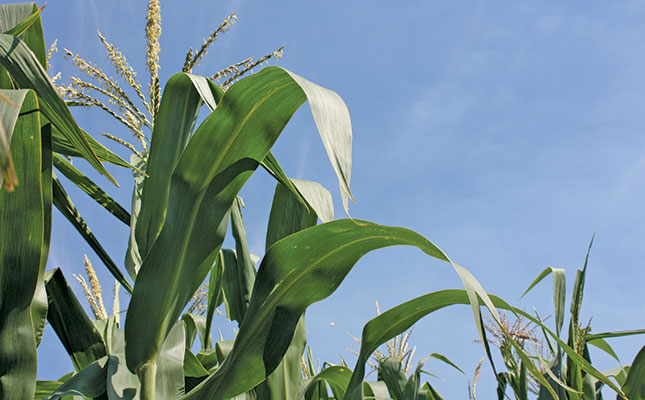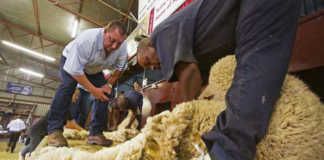
The 2018 national budget, tabled by Minister of Finance, Malusi Gigaba, in Parliament today proposes several interventions that will ensure improved fiscal health and economic growth for the country in future, but all South Africans will have to pay to make this happen and change won’t happen overnight.
Gigaba announced an increase in VAT from 14% to 15%. However, he also announced measures that would mitigate the effect that the increase in the VAT rate may have on the poorest households.
These would include a continuation of the current zero-rating of basic food items such as maize meal, brown bread, dried beans and rice.
“Vulnerable households will also be compensated through an above average increase in social grants,” Gigaba said.
READ Budget 2018: no mention of land expropriation
The old age, disability and care dependency grants will increase on 1 April 2018 by R90 to R1 690 and by a further R10 to R1 700 on 1 October.
The child support grant will increase from the baseline of R380 to R400 on 1 April and to R410 on 1 October.
Other increases in taxes that will be implemented alongside the higher VAT rate to raise an additional R36 billion in 2018/19, will include below-inflation adjustments to personal income tax brackets, 52c/l increase in the levies on fuel, and increases in sin taxes (the alcohol and tobacco excise duties) of between 6% and 10%.
Excise duties will increase by 23c/750ml bottle for unfortified wine, by 73c/750ml bottle for sparkling wine, by R4,80/750ml bottle for spirits and 15c/340ml can for malt beer. The proposed tax on carbon emissions tax will be implemented from 1 January 2019.
According to Gigaba the country’s economic growth outlook has “improved over the past few months because of strong growth in the primary sector of the economy, particularly agriculture, as well as a welcome recovery in investor sentiment and business confidence”.
The 2017 GDP growth projection has been revised upward from 0,7% to 1%. “We are anticipating growth of 1,5% in 2018, rising to 2,1% in 2020,” Gigaba said.
Despite an improved outlook, government was still facing a revenue gap of R48,2 billion in the current year.
Gigaba said that the consolidated deficit was projected to narrow from 4,3% of GDP in 2017/18 to 3,5% in 2020/21, helping to stabilise the gross debt-to-GDP ratio at 56,2% of GDP in 2022/23, and declining thereafter.
Consolidated spending would increase from R1,67 trillion in 2018/19 to R1,94 trillion over the medium term.
Over this period Government will have to implement a R85 billion reduction in certain expenditures mostly to provide for the reallocation of resources higher education and training which will receive additional funding of R57 billion over the medium term to finance free tertiary education for students from low income households.
Due to a favourable global economic outlook, improvements in the fiscal framework and “improving confidence, as business and consumers have responded positively to political developments over the last three months” South Africa now has to opportunity “to achieve faster and more inclusive growth, to create jobs for our people and a better life for all South Africans”, Gigaba said.











